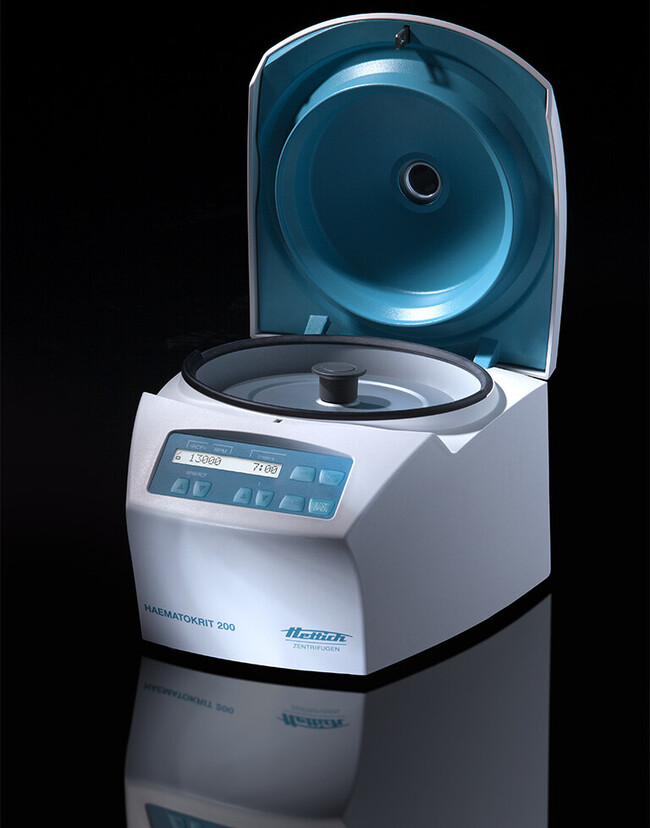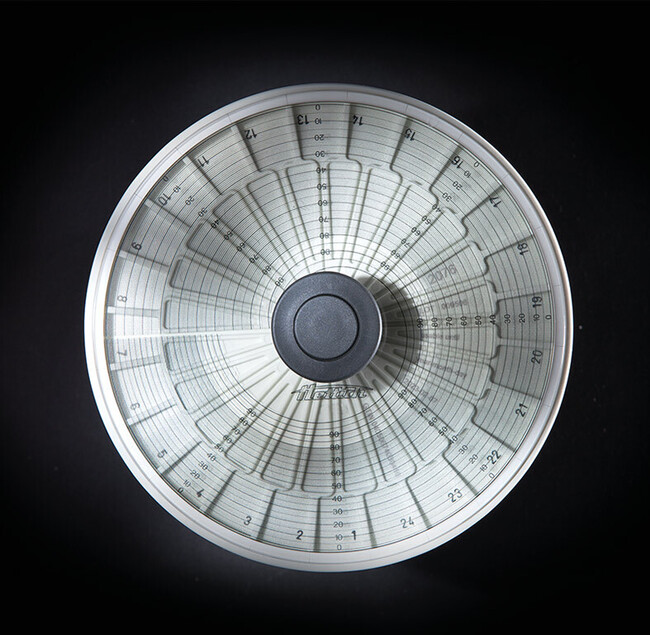Hematocrit -
What is it and why is it important?
Hematocrit (HCT) is an important value measured during a blood test, providing insight into the proportion of red blood cells (erythrocytes) in the total volume of blood. It is expressed as a percentage and is a key indicator of a person’s health.
Importance of hematocrit- Hematocrit is an essential part of a complete blood count (CBC) and helps doctors identify various health conditions, including anemia, polycythemia (elevated red blood cell count), and other disorders. A low hematocrit value can indicate insufficient production of red blood cells, while a high value may point to dehydration or certain diseases like polycythemia.
How is hematocrit measured?
The microhematocrit method is based on the DIN 58 933 Part I standard and uses either EDTA or heparinized blood. A small amount of the sample is filled into glass capillary tubes and centrifuged. This process separates the blood components, with the packed red cells at the bottom and the plasma at the top. The hematocrit value is then read using a specialized measuring scale.
A more commonly used method today is automated blood cell analysis, where the hematocrit is calculated indirectly based on red blood cell counts. The centrifugation technique serves as the reference method for calibrating and validating automated instruments.
When is Hematocrit measurement necessary?
Hematocrit measurement is often part of a routine blood test or used to diagnose and monitor diseases. It is particularly helpful when symptoms such as fatigue, dizziness, or shortness of breath are present, as it can help determine potential underlying causes.
Discover the Hettich HAEMATOKRIT 200 – your reliable partner for fast and accurate hematocrit results.

